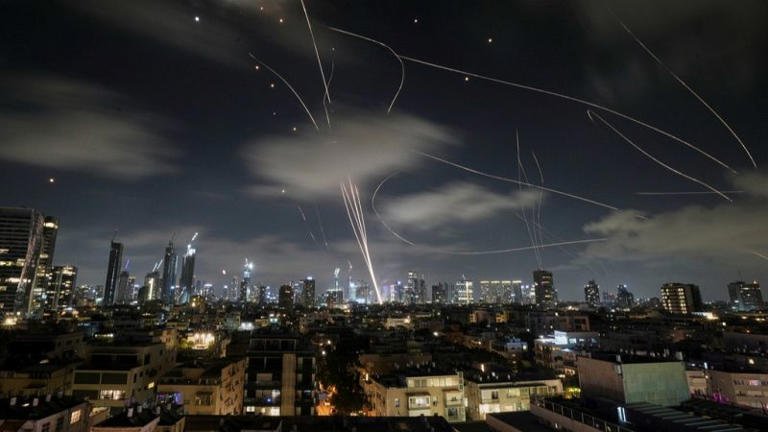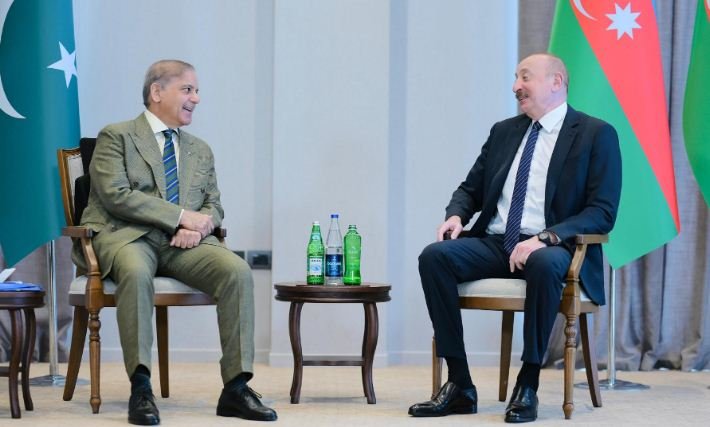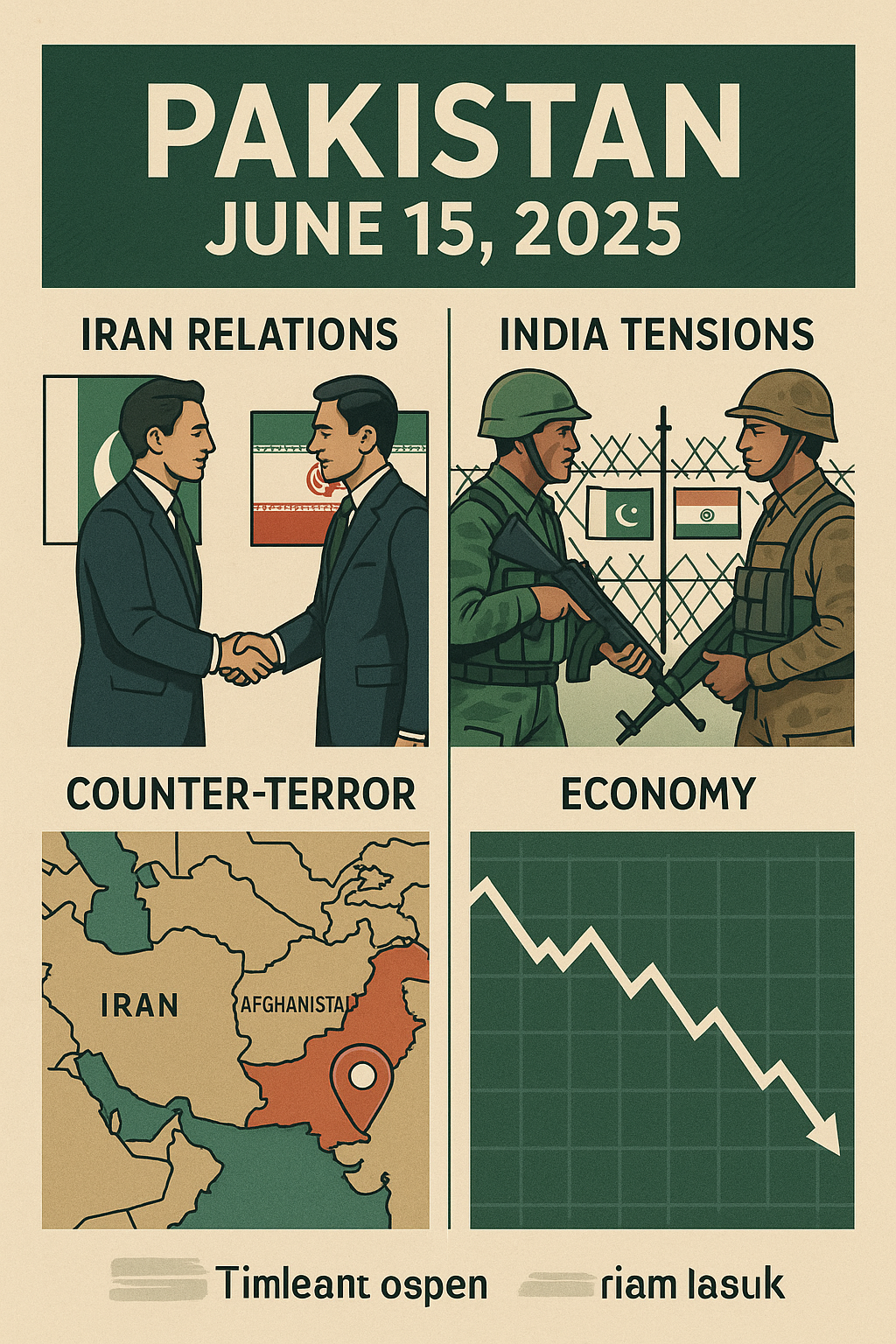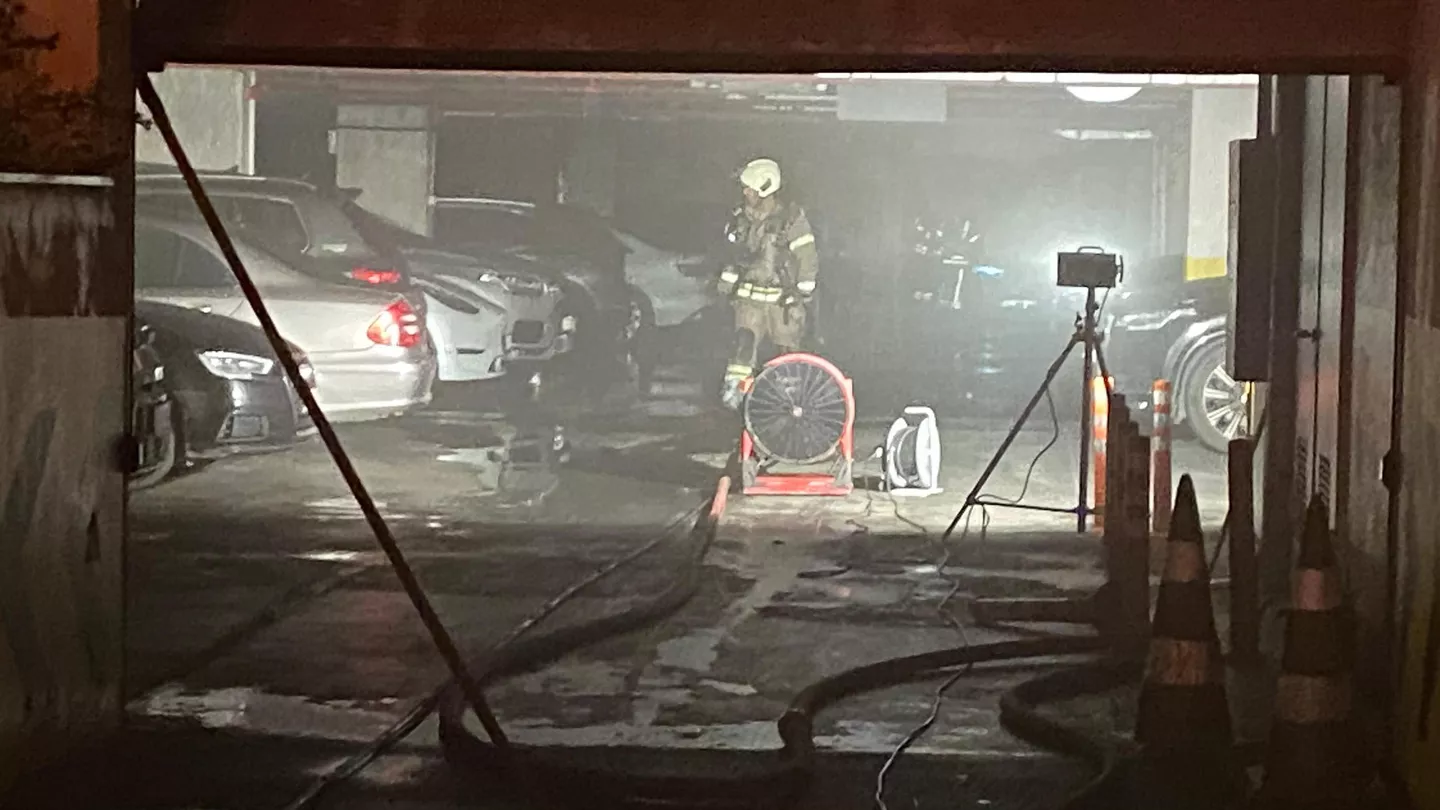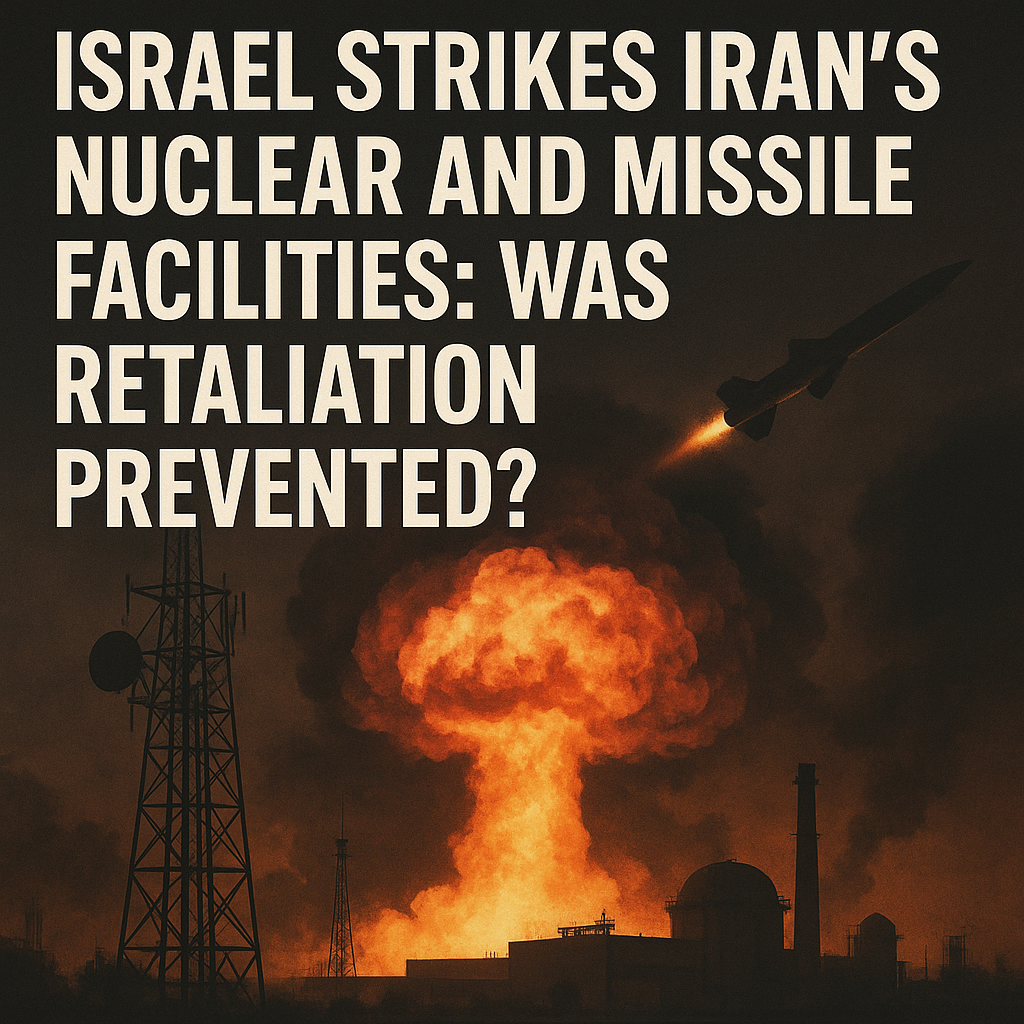
Israel Iran attack
The long-standing tension between Israel and Iran in the Middle East has entered a new phase following recent Israeli strikes on Iran’s nuclear and missile facilities. On June 13, 2025, a military operation codenamed “Rising Lion” was launched by Israel, potentially altering the regional balance. The operation is believed to have aimed at limiting Iran’s retaliatory capabilities and preventing a counterattack.
Israel Iran attack
Scope and Targets of the Attack:
According to Israeli statements, the strikes targeted the “heart” of Iran’s nuclear program. Notably, the main uranium enrichment facility in Natanz and the underground nuclear site in Fordow were reportedly hit. In addition, a significant portion of the Islamic Revolutionary Guard Corps’ Air Force command structure was neutralized, and several senior military officers and nuclear scientists were killed. Strategic military points, including the Tabriz military airport, were also among the targets.
Israel justified the attacks by pointing to Iran’s efforts to develop nuclear weapons and its plans to enhance its ballistic missile capabilities. Israeli Prime Minister Benjamin Netanyahu emphasized that Iran obtaining nuclear weapons represents an “existential threat” to Israel and declared that operations would continue “until the threat is eliminated.”
Iran’s Response and Retaliatory Capacity:
Following the Israeli strikes, Iran responded swiftly. The Iranian military announced that it had launched over a hundred drones and missiles at Israel. However, Israel, in coordination with its allies, claimed that 99% of these attacks were intercepted. A spokesperson for the Iranian Armed Forces stated that the United States and Israel would “pay a heavy price” and vowed to retaliate against the “Zionist aggression.”
Iran possesses one of the largest armies in the Middle East and has significant missile and drone capabilities. In 2023, Iran unveiled its first hypersonic missile and has developed drones like the Mohajer-10, with a range of 2,500 km. However, much of Iran’s air force and navy relies on outdated technology, limiting their operational effectiveness. Israel’s advanced missile defense systems, such as the Iron Dome and David’s Sling, have significantly curtailed Iran’s ability to strike effectively.
International Reactions and Regional Tensions:
Israel’s attacks on Iran have drawn significant international concern and condemnation. Countries including Turkey, Azerbaijan, Russia, and Belgium criticized the strikes and urged both parties to exercise restraint and seek diplomatic solutions. Many nations voiced fears that the situation in the Middle East could escalate into a wider war. The United States, meanwhile, denied any involvement in the attacks and stated that its top priority was protecting American forces in the region. Israel Iran attack
Following the attacks, global oil prices surged by 10%, reflecting investor concerns about potential disruptions to the region’s energy supply.
